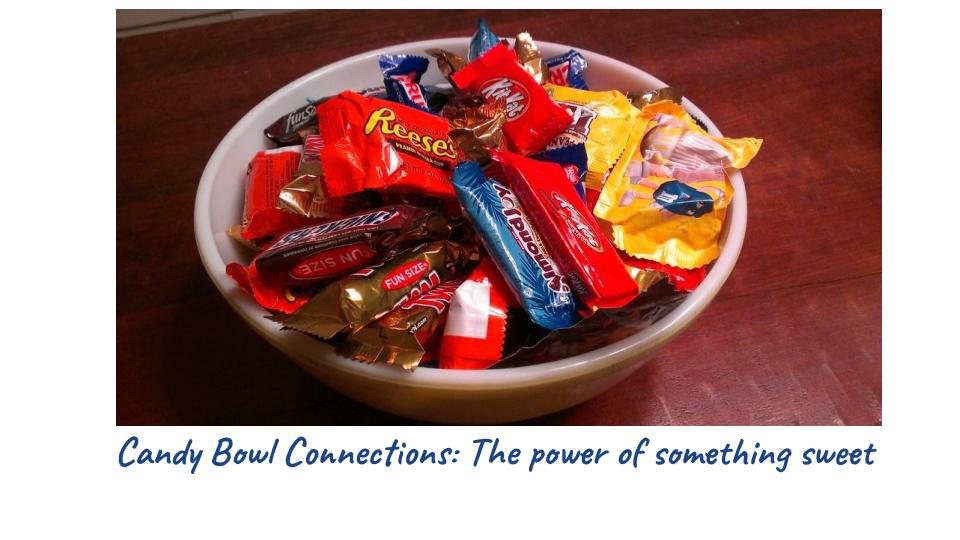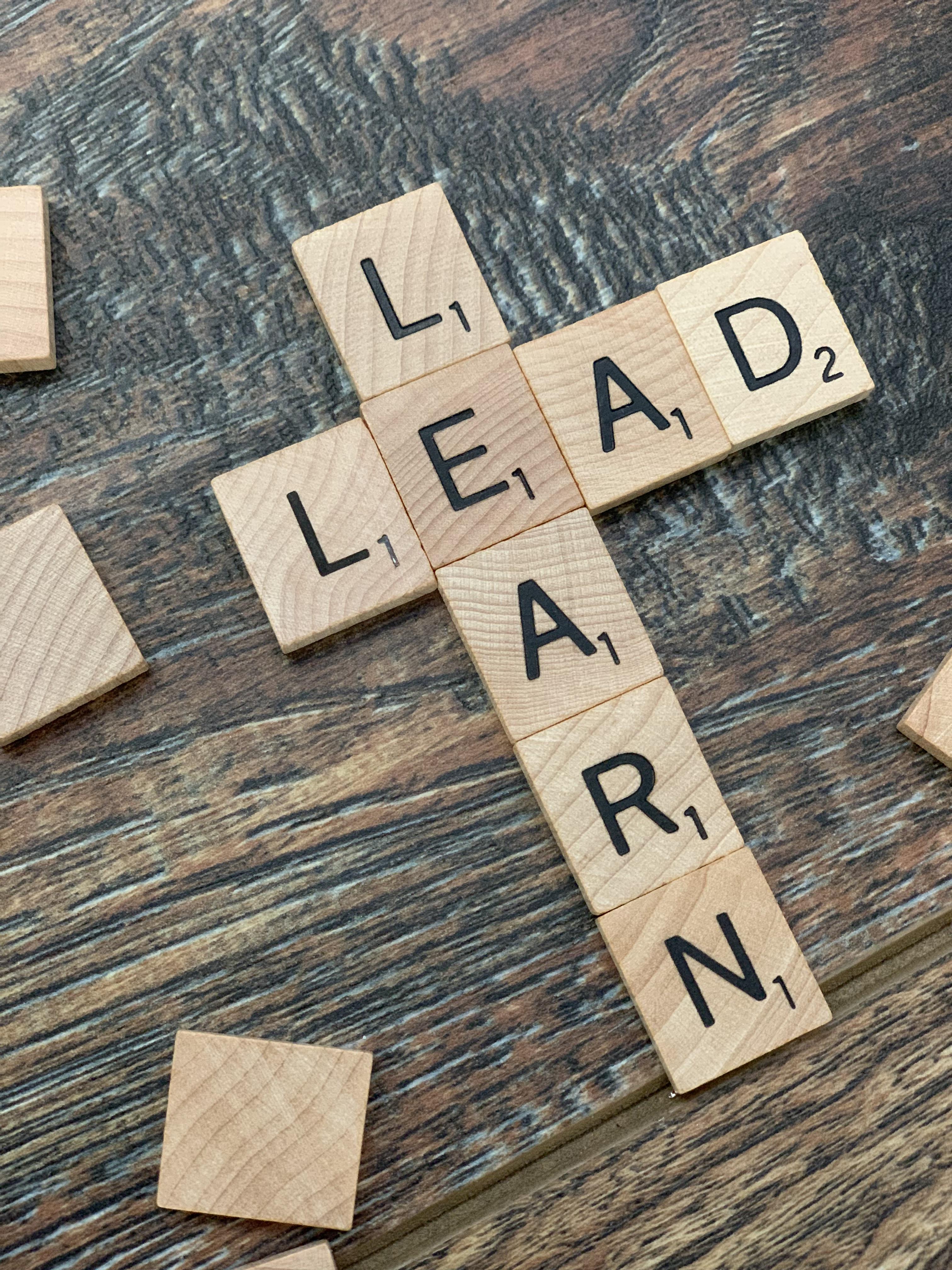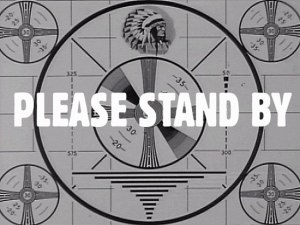Election Eve, 2020
As a government teacher, national elections were my Super Bowl. My classes reviewed the foundations of democracy, evaluated party platforms, researched candidates, held mock elections in class, registered to vote, and discussed election results. It was exciting to be a part of democracy in action. I like to believe that my former students remember both the information and the anticipation experienced in my classroom, particularly in presidential election years.
When I transitioned from classroom teacher to school administrator, my election experiences changed. I was no longer presenting the tenets of a healthy democracy to students. I was managing election outcomes with faculty, staff, students, and our community.
The most memorable example of my role shift was in the 2016 Presidential Election.
2016 was a challenging year for many reasons. I was working as a high school assistant principal with a newly appointed principal. The new principal struggled to connect with faculty and, quite frankly, struggled to lead at all. As an assistant principal with established relationships on campus (I taught there for 20 years before moving to the admin role), both leadership and management of everything on campus in 2016 fell on me. It was stressful and complicated, but I showed up every day willing to tackle new challenges because I loved my school community.
On November 9, 2016 (the morning after the election of Donald Trump), I showed up at 6:30 am to my office worried about one hundred other things than the election results. Two teachers met me when I arrived, sat down at my desk, and wanted to talk. Within 30 minutes, I had sixteen teachers in my office. Throughout the day, students would seek me out during break and lunch to discuss the election. Back in my office, I received phone calls from parents and community members. People were processing, and I was a resource. This was not a normal day, and I was exhausted by 10 am.
My anxiety was palpable. I kept thinking about all the responsibilities I had on campus that were not related to election results. My emotions ranged from commiseration to irritability as I moved through the day having conversations with so many people. People sought me out because they needed someone they trusted to listen to them.
But, I made a critical leadership mistake. I was not there for the people who needed me because I was too caught up in what I perceived to be the day’s priorities instead of being the leader that was needed that day.
I have had four years to reflect on my response that Wednesday in 2016. I have shared my experience of that day with several school administrators as some form of a cautionary tale relevant to 2020. Through reflection, I recognize that I could have approached the day differently and proactively prepared for the myriad of responses from teachers, students, and community members.
So, here is my advice to school administrators post-election:
- Clear your calendar. As much as you can, eliminate meetings or scheduled observations to reduce stress on staff. Keep your day (and your mind) open.
- Be willing to listen. People who need to talk, need someone to listen. Be a good listener. This is not a time to debate or share your fears or concerns.
- Ask good questions. Instead of presupposing you know what people think and/or feel, ask. How are you doing? What are your thoughts? What do you need? Do not try to pepper people with platitudes. Listen. Listen. Listen more.
- Support stakeholders, no matter the result. Some people will be thrilled with results, others terrified. Do not tolerate bullying. Interrupt negative behavior and provide for the needs of your students and staff who may have different views of the outcome.
- Expect the unexpected. As a school administrator, dealing with the unexpected is our normal. Be prepared for more unexpectedness. Be ready to keep students and staff safe emotionally and physically, even though nothing will be predictable.
- Check yourself. Reflect on your values. Reflect on your emotional response. Be the leader you would want during a turbulent time. Be you. Be respectful. Be empathetic. Be courageous.
Cory Collins concluded an article in Teaching Tolerance with this note:
We don’t know what will happen on November 3. But we do know that on November 4, educators and students alike will awake to a critical moment. Much will be determined by how we collectively meet that moment—including in schools.
If educators value relationships, culturally sustaining practices, and creating an inclusive learning environment, the moment calls for courage and conversation (Collins, 2020).
I lament that the enthusiasm I used to feel about elections has given way to anxiety and apprehension. But I am solid in my belief that we have power in our collective responses to be better educators, better leaders, and better people.
Election Day, 2020: This too shall pass.
Reference
Collins, C. (2020). Teaching the 2020 Election: What Will You Do on Wednesday? Teaching Tolerance. Retrieved from https://www.tolerance.org/magazine/teaching-the-2020-election-what-will-you-do-on-wednesday
Cross posted on drnwatkins@blogspot.com

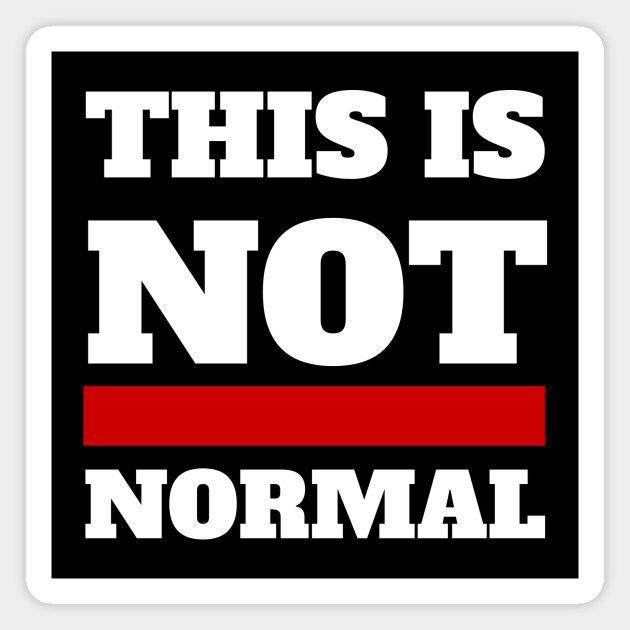
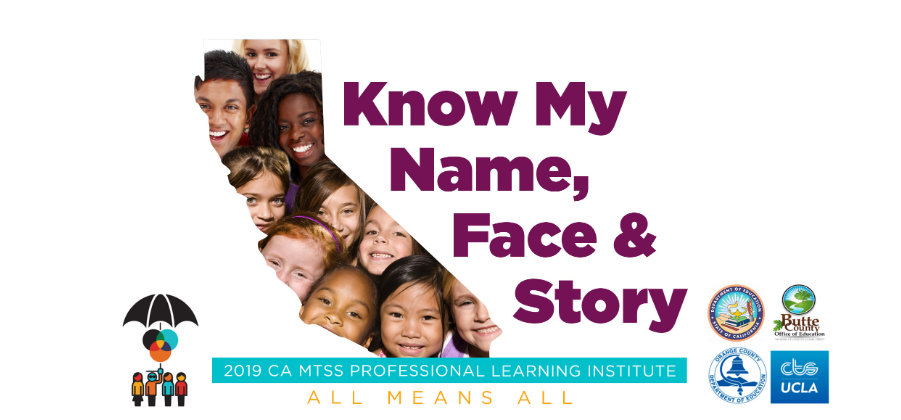 -OCDE, 2019
-OCDE, 2019